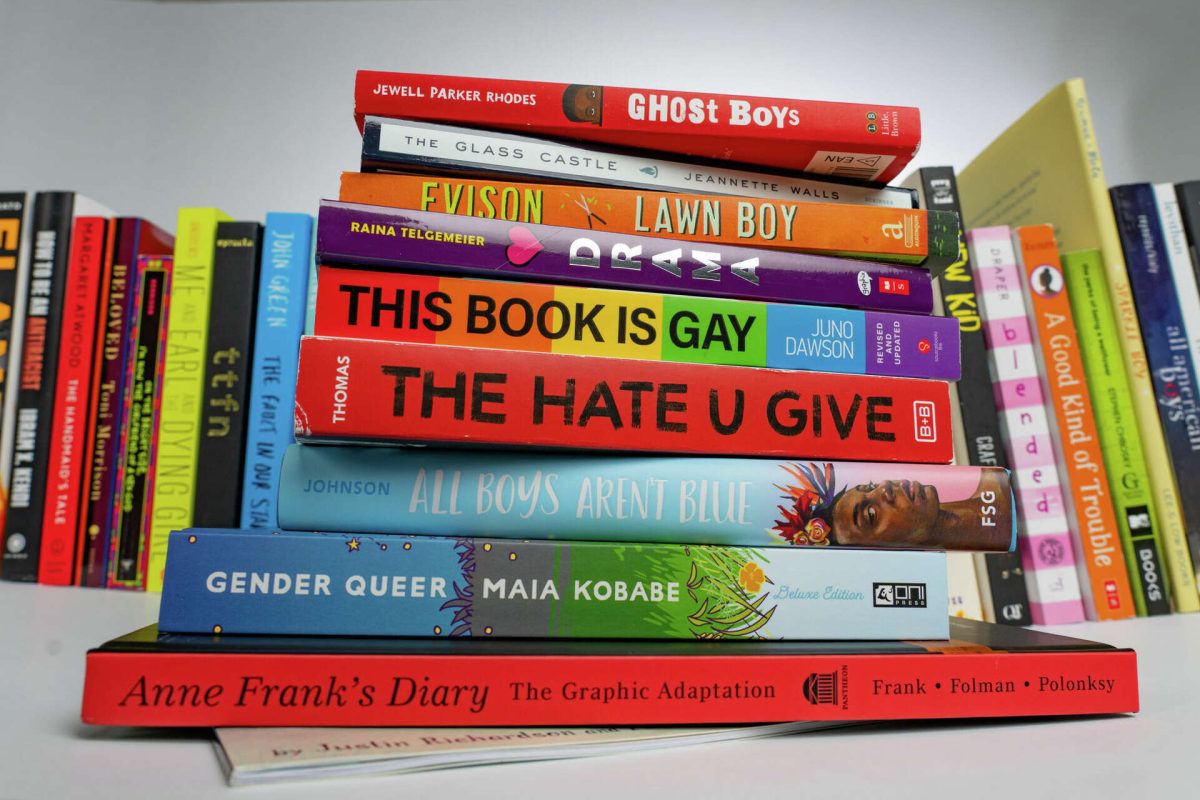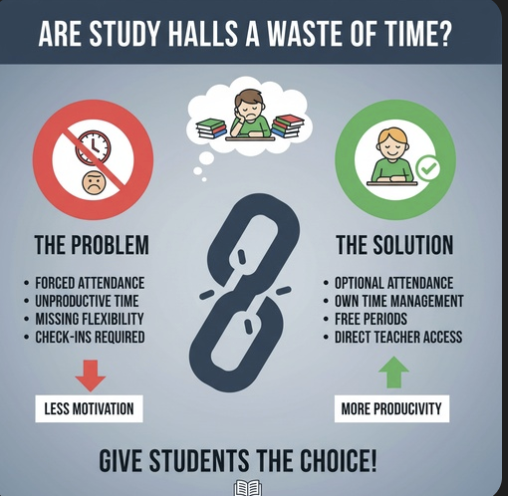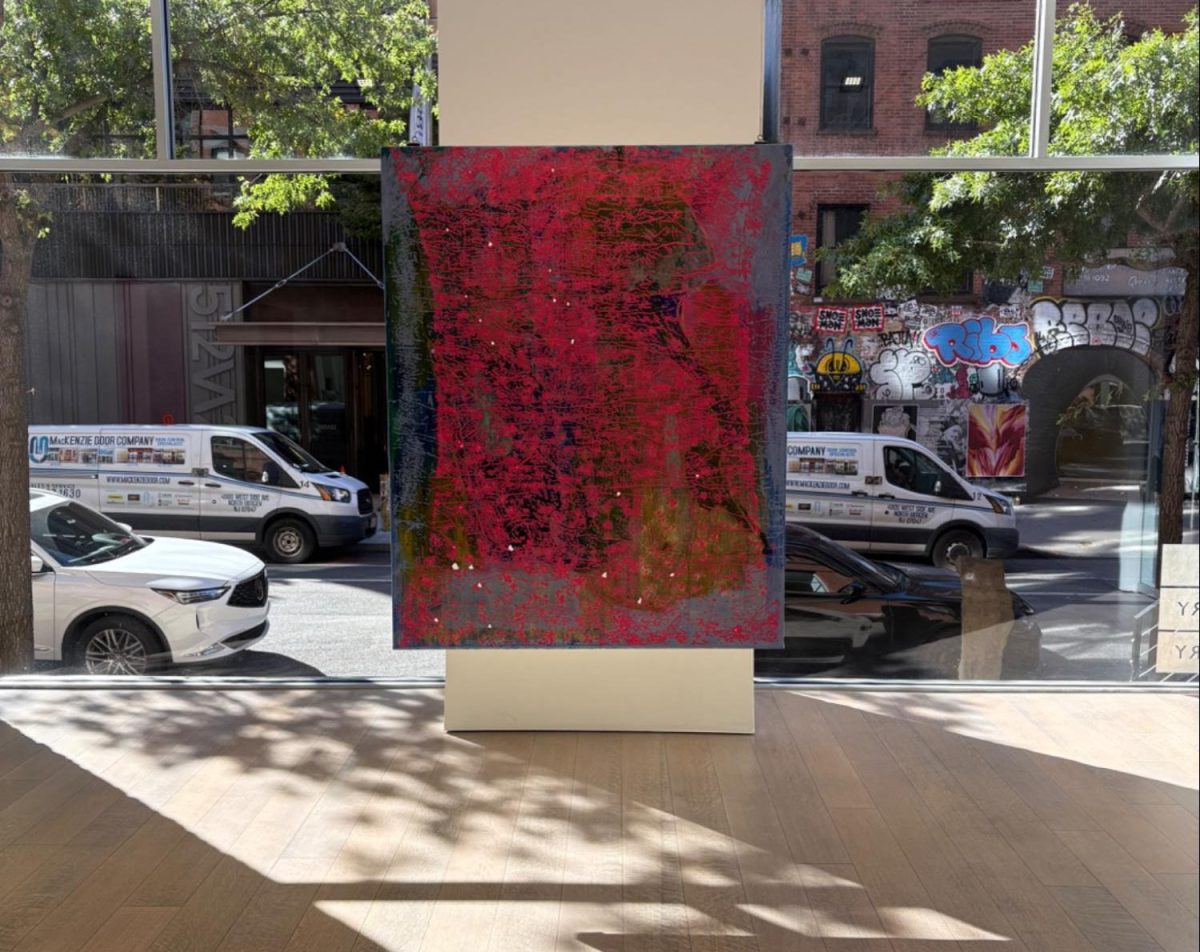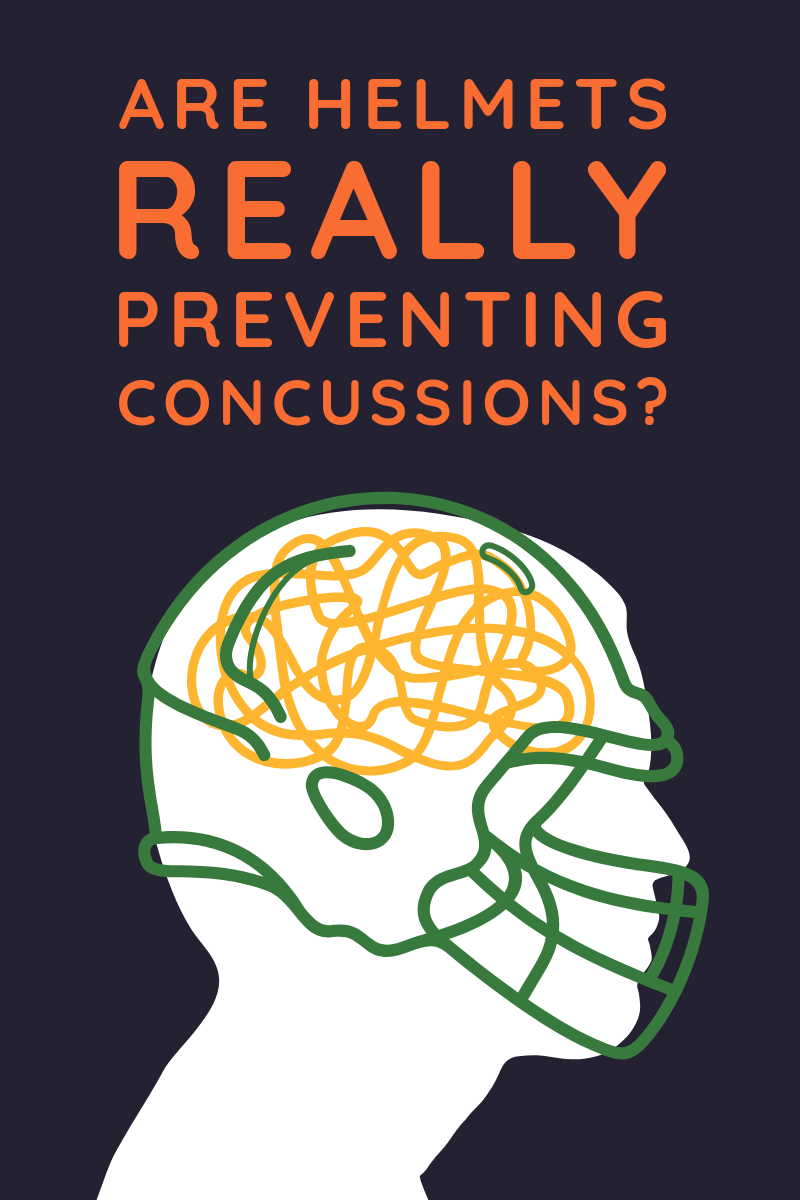“Congress shall make no law respecting an establishment of religion, or prohibiting the free exercise thereof; or abridging the freedom of speech, or of the press; or the right of the people peaceably to assemble, and to petition the Government for a redress of grievances.”
This is a quote from the First Amendment of the United States, passed by Congress on September 25, 1789, and ratified on December 15, 1791. The First Amendment guarantees a lot, including freedom of speech, and the press. This specific quote shows how the Amendment gives everybody the right to read whatever they want and make their own judgments about what they read.
However, book banning has become a common event in the United States, especially in the past couple of years. A banned book can be defined as a book that someone launched a complaint about with a public school or library system, aiming to have the book removed from a library, course syllabus, or reading list.
This means that what books are banned is usually dependent on one person, or a small group of peoples, opinions. Ms. Swan, the Upper School Librarian, provided some insight that she had garnered during her experience as a librarian, and after talking with some colleagues at public schools or libraries.
She said, “Lists of books a certain conservative group find…problematic…are being circulated around and sometimes people in certain communities read the titles of the books on this list but they’ve never read the books, but they might go to a school board meeting, or they might go to a library board meeting and ask that these books be removed.”
The ALA, or American Library Association, provided a list of the most banned books in 2023. On that list were titles like Gender Queer by Maia Kobabe, This Book is Gay by Juno Dawson, Let’s Talk About It: The Teen’s Guide to Sex, Relationships and Being a Human by Erica Moen and Mathew Nolan, and books like Sold by Patricia McCormick and The Perks of Being a Wallflower by Stephen Chbosky.
Some of these books like This Book is Gay and Let’s Talk About It: The Teen’s Guide to Sex, Relationships and Being a Human, have been banned for explicit sexual content, Gender Queer has been banned for its main character being part of the LGBTQIA+ community, and Sold and The Perks of Being a Wallflower have been banned for their references to sexual assault.
While some of these themes may seem very grown-up and scary to the adults banning them, these books cover events that happen in the real world. Banning the book in a library won’t make the scary parts of them go away from a child’s world, it will just make them unprepared to face them. All these titles are meant to educate or expose teenagers to these topics in a safe way, books.
For teens to explore and learn about these topics, there is a safe way to do that: teaching them.
In the past, Hackley has taught books like The Perks of Being a Wallflower and The Catcher in the Rye. These are both books that cover serious topics like depression and sexual assault. Teachers talked through these topics with students, breaking them down in a way that was easy to follow.
“A lot of the reason those books are being taught is so that you and your peers and your teacher can talk through ideas that you may not understand, and it might make you uncomfortable because you don’t understand them, but when you have discussions, when you analyze text, you start to understand what the authors looking for, or what the authors trying to say.” Ms. Swan commented.
There are many reasons books should be written and read, and challenging one’s view of the world could be one of the most important ones out there. Analyzing books like these helps students grow as a person and teaches them to think independently, while also not keeping them blind to the events of the real world.
“I don’t think that any book should ever be banned. I think there should be a free-marketplace of ideas, and everyone should have access to those ideas.”
















